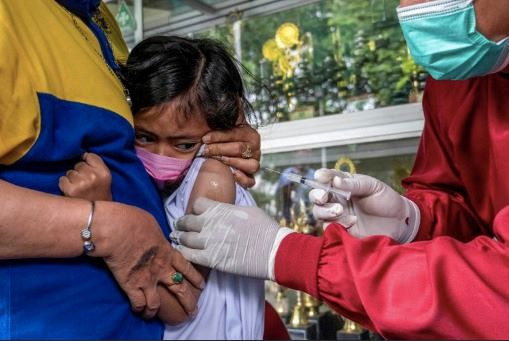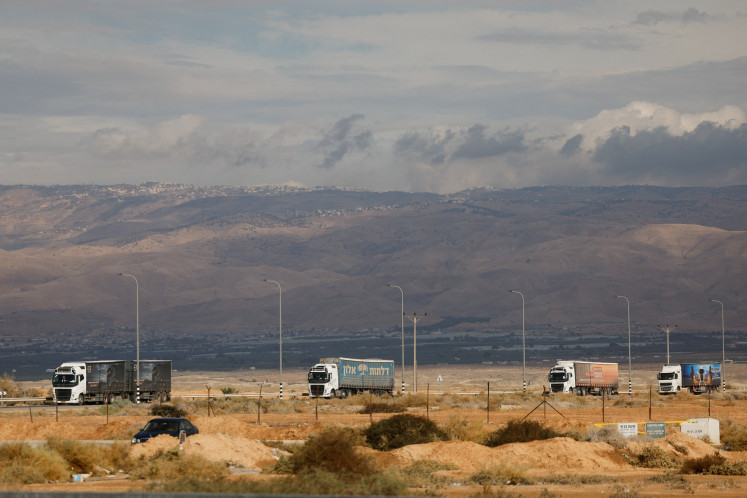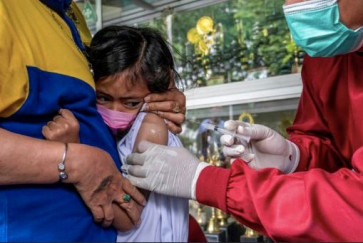Popular Reads
Top Results
Can't find what you're looking for?
View all search resultsPopular Reads
Top Results
Can't find what you're looking for?
View all search resultsBeyond fire brigades: Financing prevention, not panic
The world needs development banks and financial institutions to move from post-disaster reimbursement to pre-disaster readiness.
Change text size
Gift Premium Articles
to Anyone
W
e live in a world where multilateralism is under question. Various global forums have discussed the concept intensively and tried to reconstruct a new multilateralism that is adaptive to the current global geopolitical landscape as well as the rise of unilateralism. One thing is for sure, the current global conditions still demand that we deal with new realities, ranging from pandemics, wars and climate change, to global inequality.
The COVID-19 pandemic taught us a hard lesson, that there will be substantial costs if we are not prepared. Global financing works like fire insurance, which only pays out after the house has burned down. By the time the money arrives, lives have been lost, economies stalled and trust has eroded. The world has learned that our financial systems are built to respond, not to prevent.
We often put heavy reliance on the capacity of our fire brigades when dealing with a fire. We expect them to respond fast and put out the fire. However, what is also most needed is a fire alarm system: A system that can detect the first sparks, and then mobilize the necessary resources to deal immediately with the problem. This is what preparedness and prevention are all about.
This shift requires a fundamental rethink of how we structure global finance. The world needs development banks and financial institutions to move from post-disaster reimbursement to pre-disaster readiness. These institutions, like the World Bank and other regional development funds, are uniquely placed to make this change. They can blend public and private money, manage risk and mobilize resources at scale. But their current tools are often too slow and too reactive for the speed that pandemics demand.
Many developing countries, including Indonesia, are likely to agree with the vision of restructuring the global financial system. However, we also believe that for the vision to translate into reality, it needs to be funded, actionable and tailored toward sustainable programs. There should be no “one-size fits all”.
Why does this matter? Because pandemics do not wait for budget cycles. They do not pause for fiscal approval or procurement procedures. When an outbreak hits, speed saves lives, but bureaucracy slows us down.
That is why “at-risk financing” is essential. It means funds are available before a crisis erupts, so governments can act on early warning signs, rather than waiting for a confirmed catastrophe. It is the financial equivalent of a seatbelt: you hope you never need it, but when the collision comes, it determines survival.



















